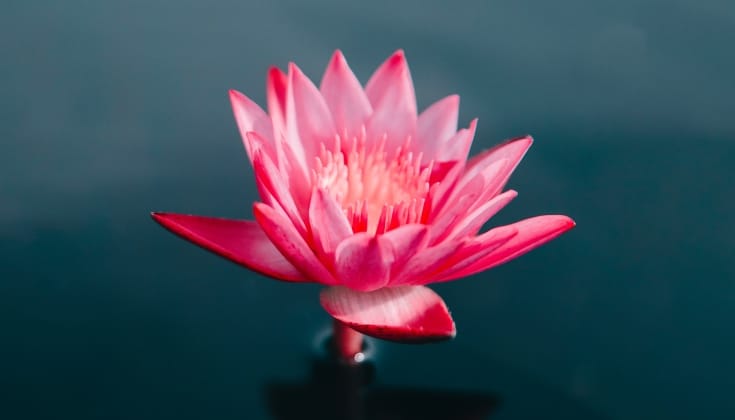A monk asked Gensha, “How do I enter the Way?”
Gensha replied, “Do you hear the murmuring stream?”
The monk answered, “Yes, I do.”
Gensha said, “Enter there.”
“What is dharma?”
That was my one of my first questions in one of the first dokusans, or interviews, I had with a Zen teacher when I started practicing 15 years ago.
I’d been drawn to a remote mountain, to the scent of sandalwood, to the hush of the pine trees, to the rustle of the robes in the dim light of a zendo, and to an inscrutable Japanese teacher. I’d been driven by despair, by a broken heart, and by disgust with the same old same old me.
It helped that the setting was so exotic and the words so foreign, because I was romancing the hope of finding something altogether new. That word in particular, dharma, was an enticing mystery. But like everything that has been told to me in dokusan in the years since, I don’t remember the answer I was given. Not remembering is what saves me, because it encourages me to keep asking, and to keep forgetting what it is I think I know.
This is the very question that brings us to practice and sustains it. What is it? What is the truth? What is the Way?
For your benefit, I’ll tell you how my current teacher defines the word. With a capital “D,” Dharma refers to Buddha’s teaching. With a little “d,” dharma is all phenomena, all things. It is also universal truth, or cosmic law. The point of practice, for me, is to see that none of those definitions is different from the other. How could they be separate?
Only by my intellectual discrimination.
To carry the self forward and realize the ten thousand dharmas is delusion. That the ten thousand dharmas advance and realize the self is enlightenment. — Dogen Zenji
When I wrote about dharma for the first time in the Shambhala Sun, in an article titled “The Dharma of Barbie,” someone complained that I wasn’t reverential enough, arguing that Buddhists should not water down the meaning of dharma.
As a wife and mother, I’m up to my elbows in water most days. The only way I can dilute the dharma is by adding one less capful of soap to a full load. If I don’t see the dharma in a laundry pile, then my practice isn’t working for me.
I can’t pretend to discuss or debate this, but I can pretend to practice it. Our practice is always a kind of elegant pretense, the effort of no effort, and the meeting of all our unmet expectations.
“Practice as if you are enlightened,” Maezumi Roshi used to say. And so most days, I practice the dharma of laundry.
